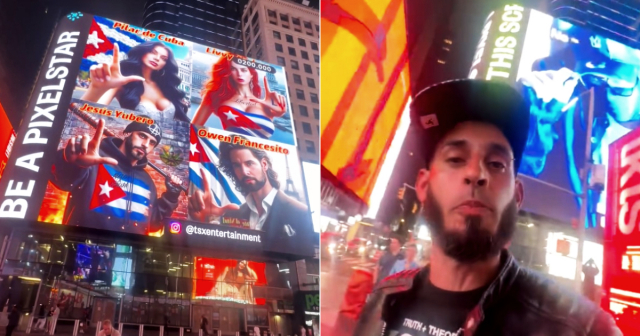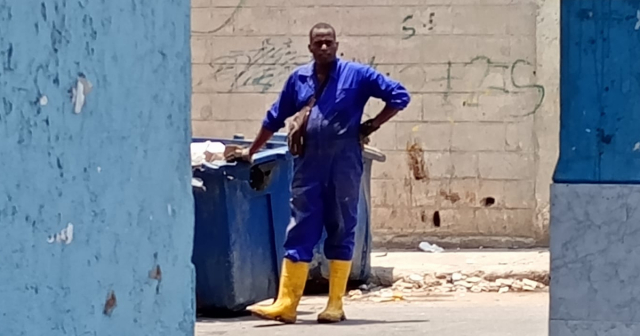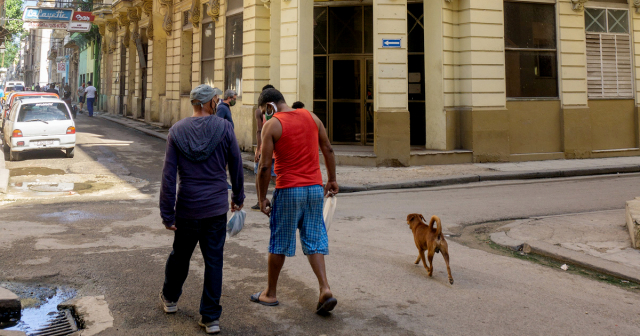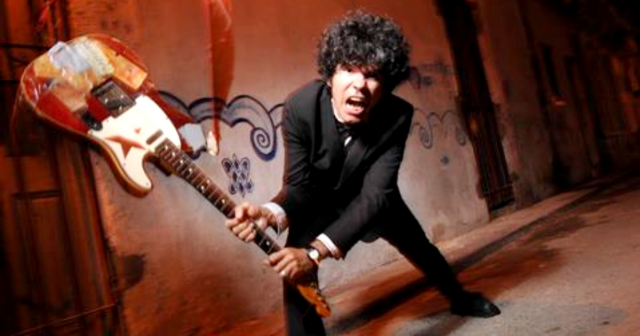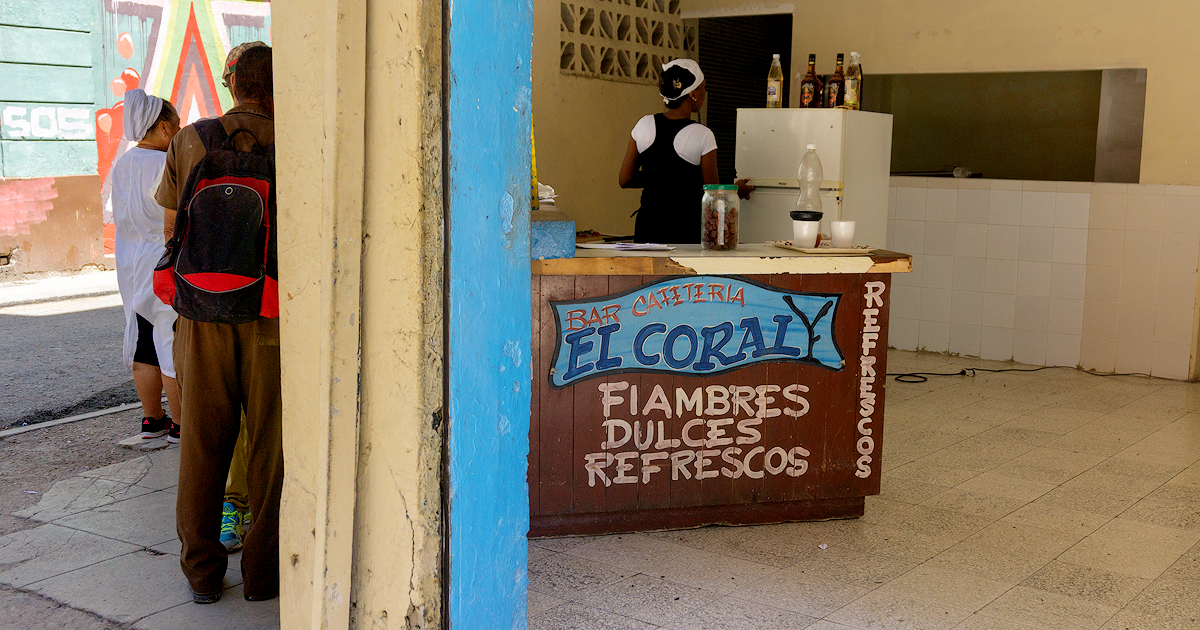
The measures announced this Tuesday by the Biden administration to support independent entrepreneurs in Cuba have sparked rejection reactions among voices of the Cuban civil society.
Among expressions of skepticism and open criticisms, several Cuban activists have expressed their opinions on a policy change that aims to increase support for Cuban private sector entrepreneurs and promote internet freedom on the island.
Dozens of human rights activists in Cuba have wasted our time meeting with officials from the United States, where we have tried to make them see that this is NOT the way," said Saily González Velázquez on her social media.
The young woman who was an entrepreneur and activist in Cuba, which is why she was a victim of repression and was forced to go into exile, argued that "access to economic rights cannot be above access to human rights."
"Simply because, in a dictatorship, the former hinder the achievement of the latter," noted Gonzalez Velazquez.
The approved measures further isolate the victims of the Cuban regime, argued the young woman. In addition, they turn their backs on "the desires of the Cubans and distance them from what hundreds of thousands shouted in the streets on 11J, and continues to be shouted at every public protest despite the increasingly strong and brutal repression."
Today the most vulnerable Cubans, those whose salaries are not enough to access products from the private sector, those who in the midst of blackouts bang on pots and shout for freedom, the relatives of political prisoners, those who have been expelled from state-owned and private companies for expressing themselves, feel a little more lonely, a little more isolated," he concluded.
The independent journalist José Raúl Gallego expressed a similar sentiment, denouncing that the Cuban regime's General Directorate of Intelligence (DGI) and its lobbyists in the United States had managed to pressure the Biden administration to approve measures that will facilitate "the operation and enrichment of their frontmen disguised as the private sector."
"If these measures were accompanied by the willingness to freeze funds for companies that are shown to be linked to the regime or involved in serious human rights violations, they could perhaps function as a form of containment, but it does not seem that there is willingness to do so," the journalist considered, mentioning examples of lukewarmness on the part of the current administration in the face of signs of repressive behavior by Cuban 'businessmen'.
Gallego was pessimistic about the policy change and predicted that, in the seven months left in the White House, Biden will "continue to take actions in favor of the regime, including removing it from the list of state sponsors of terrorism."
The damage caused by the Cuban dictatorship affects primarily its people, but also the United States, the continent, and the world. It will not be resolved by giving them money that they will use to strengthen themselves instead of benefiting the people. Freedom and democracy are being destroyed... What is happening will only be stopped by the people in the streets, as happened on July 11th.
Addressing the President of the United States, activist Adelth Bonne Gamboa positioned himself "totally against his measures to 'support the people of Cuba'".
"As a Cuban who needs to live in a free country," the young man reminded Biden that in Cuba there is no private sector, but rather a communist dictatorship that disguises its proxies and militants as entrepreneurs.
"Once again, his administration will give oxygen to our captors so that they have more funds in their accounts and can buy more repressive weapons to be used against the oppressed people who no longer have the strength even to reason," criticized Bonne Gamboa.
For the poet and activist Ariel Maceo Téllez, "the Cuban regime could be given 500 billion dollars every week, and they would pocket it at the same speed it comes in. It doesn't matter if the money is for small and medium-sized enterprises, hospitals, or power plants: The regime will suck up every dollar, one by one."
In response to the statement released by the Cuban regime, where they deemed the Biden administration's measures as "limited," an idea for which they introduced the slogan "Cuba is one," the user identified as X from Camagüey provided a translation of the message: "GAESA is one and we will figure out how to be the only ones to benefit from the measure."
On the other hand, the lawyer Eloy Viera Cañive considered that the measures aimed at supporting entrepreneurship had various interpretations. On one hand, "they demonstrate the persistent intention of this administration not to negotiate but to concede," and on the other hand, "they are concessions that do not seem to be able to go beyond the realm of the politically symbolic."
The most concrete aspect, the possibility for Cubans to open and operate bank accounts in the U.S., is an 'aspiration' of the administration, but not an inoperative mandate in a mostly private financial system that will assess risk-benefit.
Moreover, in the evaluation by American financial institutions, the possibility that this "opening" may not last beyond eight months will also be considered, taking into account the elections in the United States and the potential changes that may occur in that scenario.
In short, this seems more like a political maneuver aimed at fulfilling campaign promises in the final stretch of an administration than a move aimed at promoting real changes in an increasingly entrenched Cuban regime," Viera Cañive concluded.
What do you think?
COMMENTFiled under:

